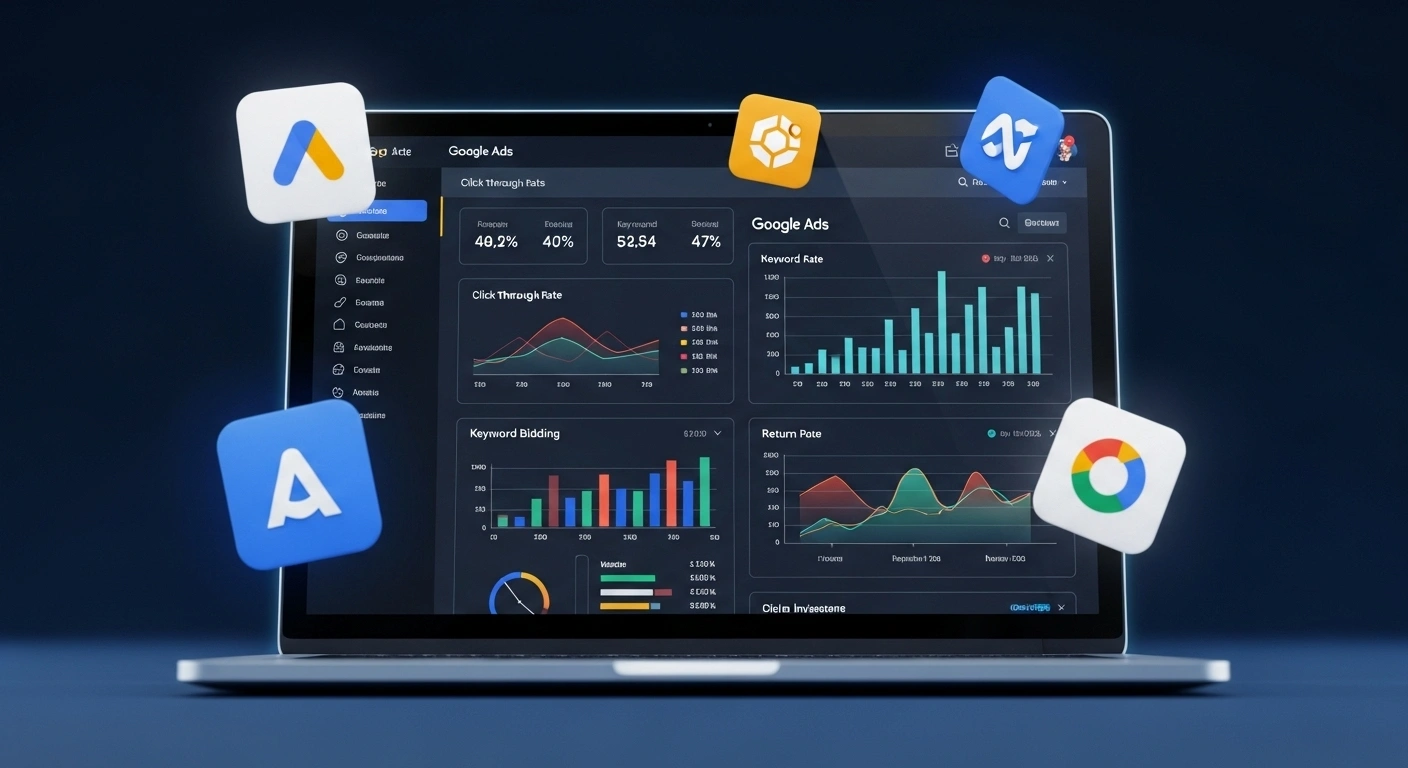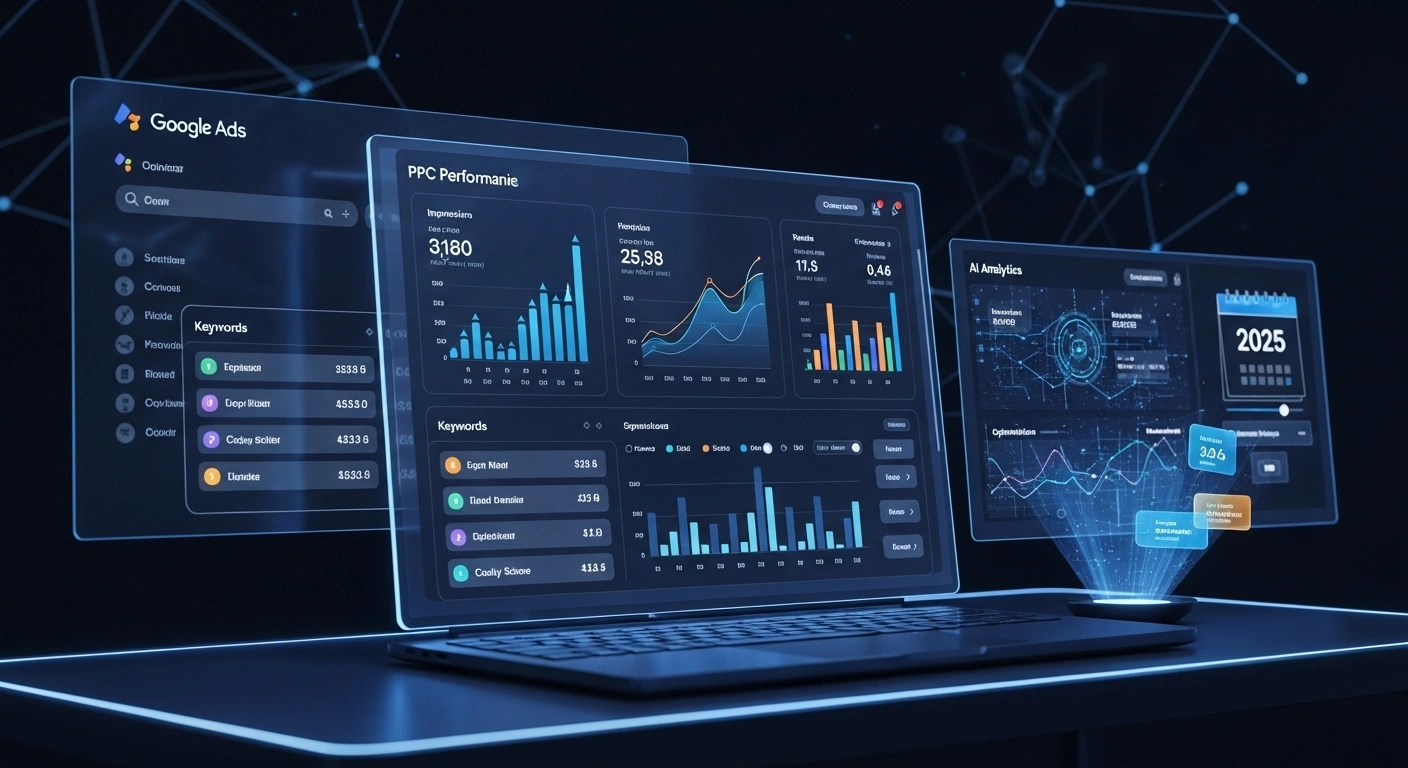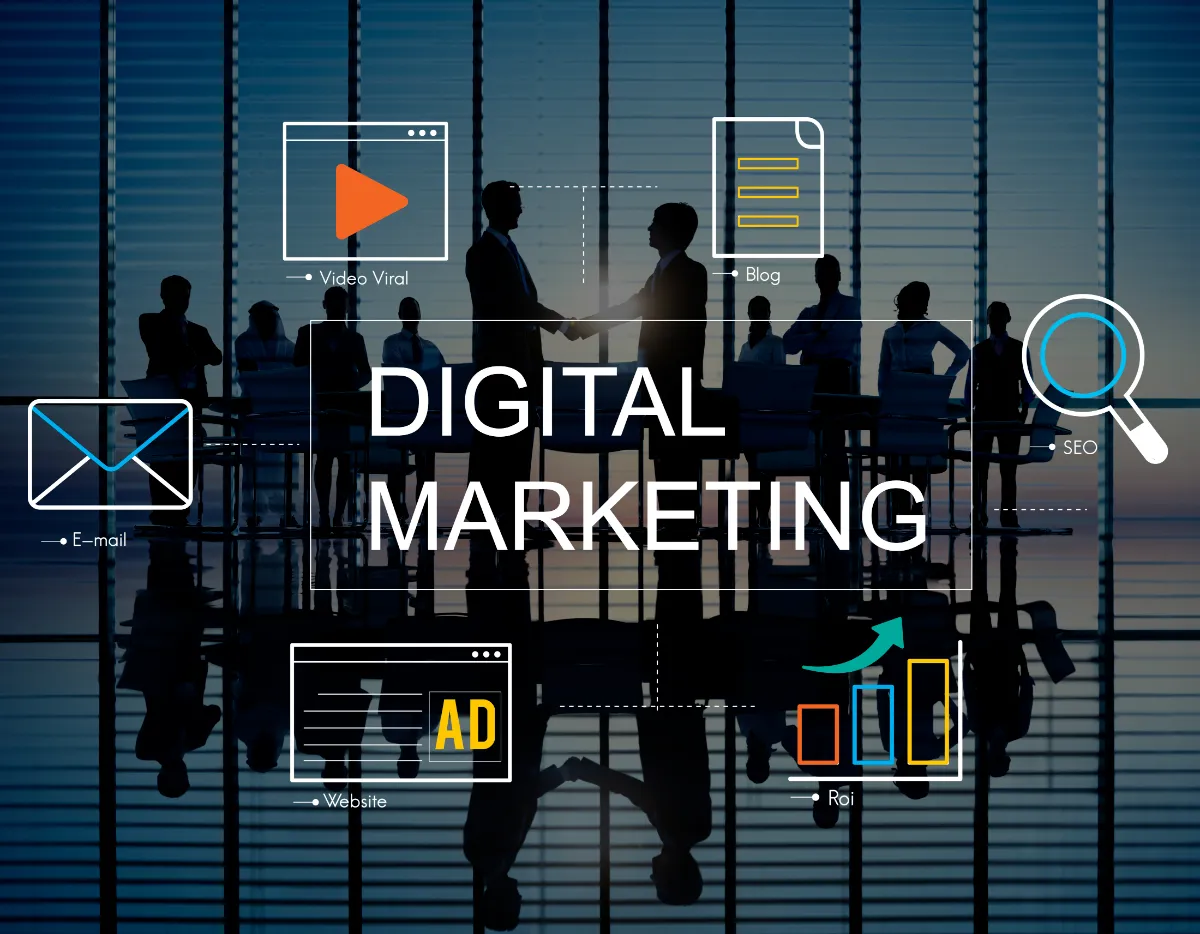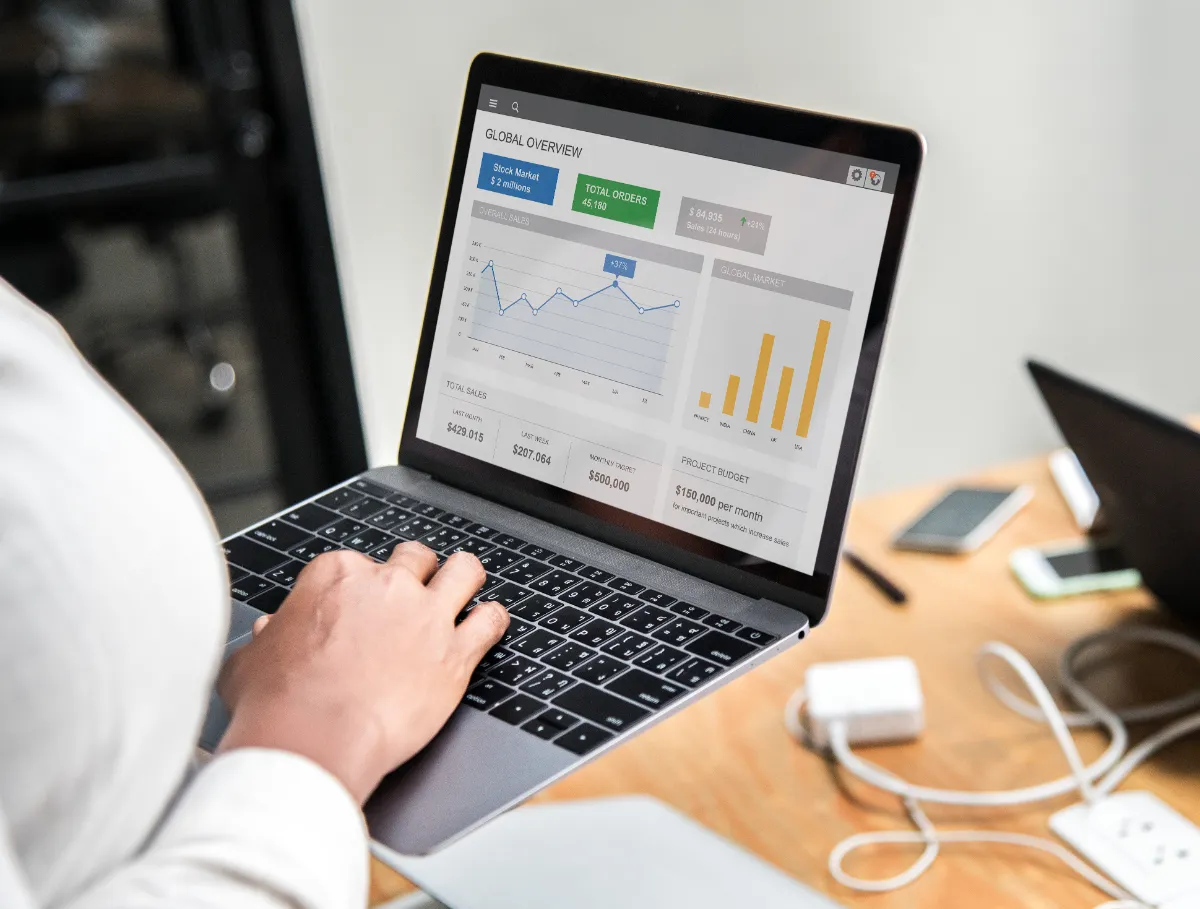Introduction
In today’s fast-paced digital world, businesses cannot rely only on organic strategies to stay ahead. PPC Marketing in 2025 continues to be one of the most powerful ways to drive traffic, leads, and sales almost instantly. With platforms like Google PPC ads dominating the online advertising space, brands of every size—from startups to multinational corporations—leverage click-based campaigns to capture attention and maximize ROI.
This complete guide will explain what PPC Marketing is, how it works in 2025, the types of campaigns available, strategies to use, common mistakes to avoid, and future trends you must prepare for.
What is PPC Marketing?
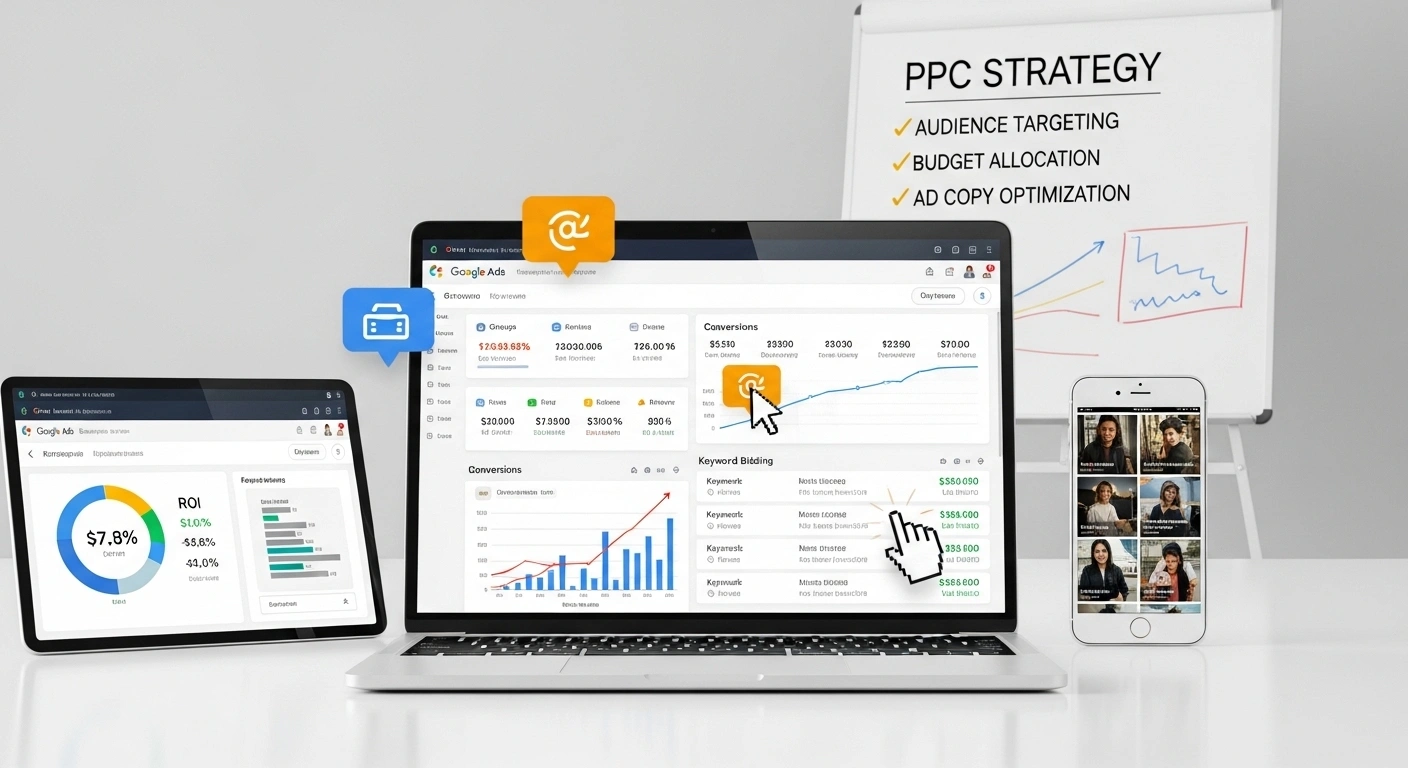
Pay-Per-Click Marketing, a digital advertising model where businesses pay a fee each time their ad is clicked. Instead of earning traffic organically through SEO, PPC allows companies to “buy” visits to their website.
The most popular platform is Google click ads, which appear on search results whenever users type queries related to your product or service. These ads are highly targeted, ensuring your business appears at the right moment when customers are actively searching.
Unlike traditional advertising, PPC is measurable, cost-efficient, and performance-driven. Instead of spending blindly on TV or print ads, businesses can track conversions, adjust budgets, and optimize campaigns in real-time.
How PPC Marketing Works in 2025
The way Google PPC ads operate has evolved significantly with AI and automation. In 2025, campaigns are smarter, more personalized, and optimized for both advertisers and users.
- AI-driven targeting – Google now uses AI signals to determine which ad reaches which audience, ensuring higher relevance.
- Pay-per-click bidding system – Advertisers enter auctions for keywords. Google decides which ad appears based on bid amount, quality score, and ad relevance.
- Responsive ads – Instead of static formats, ads automatically adjust headlines, descriptions, and visuals to match user intent.
- Landing page optimization – Google rewards businesses with higher-quality scores if they offer fast, mobile-friendly, and engaging landing pages.
In short, success in PPC depends not only on budget but also on smart strategies, strong ad copy, and relevant keywords.
Benefits of PPC Marketing for Businesses
Pay-Per-Click (PPC) marketing offers businesses fast, measurable results—with budget control, precise targeting, and instant visibility that delivers qualified traffic and strong ROI. Whether you’re a small startup or a large enterprise, PPC helps your brand stand out in competitive environments. Learn how our digital-marketing-agency leverages PPC to drive growth and outperform expectations.

Why should businesses continue investing in PPC Marketing in 2025? The advantages are clear:
- Instant visibility – Unlike SEO, which takes months, PPC puts your brand in front of potential customers immediately.
- Targeted reach – With Google PPC ads, you can target based on keywords, location, device, demographics, and interests.
- Cost control – You decide the budget, whether $10 a day or $10,000 a month.
- Measurable ROI – Every click, impression, and conversion can be tracked.
- Flexibility – Suitable for small startups looking for leads or large corporations running global campaigns.
PPC Marketing vs. SEO – What’s the Difference?
PPC marketing delivers instant visibility and quick, measurable results—great for driving targeted traffic fast—while SEO builds long-term organic authority and sustainable growth. Both strategies complement each other when balanced effectively. Dive deeper into how SEO works in 2025 with our comprehensive guide at what-are-seo-services.
Many businesses wonder: should we invest in PPC or SEO?
- PPC Marketing = Paid visibility through Google click ads. Results are immediate but stop once the budget ends.
- SEO = Organic visibility. Results take longer but build sustainable traffic.
- Best approach: A combination of both. PPC provides instant leads, while SEO builds long-term authority. Together, they maximize brand growth.
Types of PPC Campaigns in 2025
Businesses have multiple ad formats to choose from:
- Google Search Ads – Text-based ads appearing at the top of search results.
- Display Ads – Visual banners across millions of websites in Google’s Display Network.
- Shopping Ads – Product listings with images, prices, and store links, perfect for eCommerce.
- Video Ads – Ads running before, during, or after YouTube videos.
- Remarketing Ads – Targeting users who have already visited your site but didn’t convert.
Each campaign type serves different goals—brand awareness, lead generation, or direct sales.
Key PPC Marketing Strategies for 2025
Get ahead in 2025 with key PPC marketing strategies like AI-driven bidding, responsive search ads, and hyper-targeted audience segmentation. These tactics drive performance and deliver high-quality leads at every stage of the funnel. Explore our proven top Google PPC strategies for expert guidance and results.
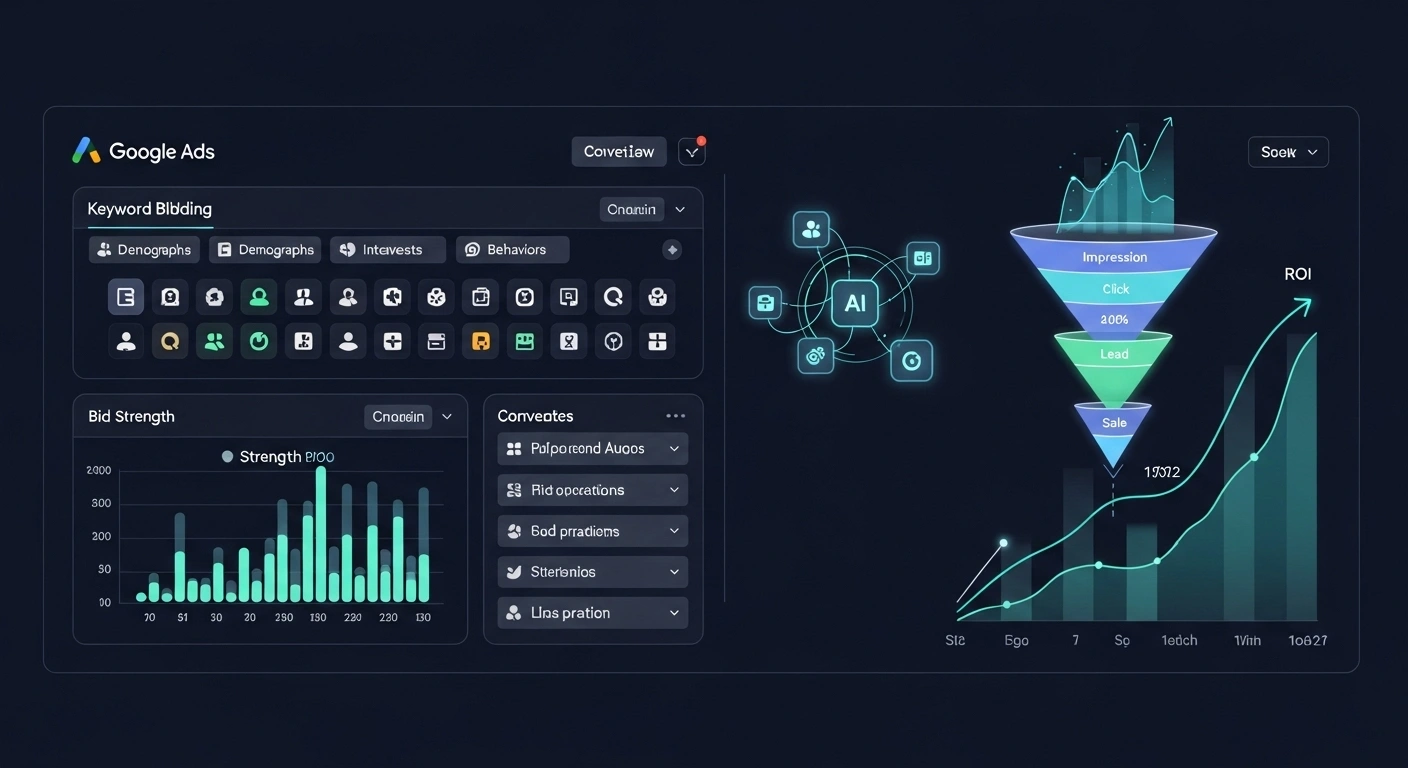
To succeed with PPC Marketing in 2025, businesses need modern, AI-powered strategies:
- Advanced keyword targeting – Use AI tools to find high-intent keywords that bring better conversions.
- Ad copy optimization – Craft headlines that grab attention and call-to-action phrases that encourage clicks.
- Smart bidding strategies – Automated bidding powered by Google Ads ensures your budget focuses on the best-performing ads.
- Audience segmentation – Create campaigns for different customer groups based on demographics, interests, or behavior.
- Data-driven insights – Use analytics to monitor what works and refine campaigns continuously.
How to Run a Successful Google PPC Ads Campaign
Running a PPC campaign isn’t just about creating ads—it’s about building a system that converts clicks into customers. Here’s a step-by-step process:
Step 1: Define goals (traffic, sales, leads) and set a budget.
Step 2: Conduct keyword research and identify target audiences.
Step 3: Write compelling ad copy with strong CTAs.
Step 4: Design landing pages optimized for speed, relevance, and mobile use.
Step 5: Track performance using Google Analytics & conversion tracking.
Step 6: Continuously test ad creatives, bidding strategies, and keywords.
Common Mistakes to Avoid in PPC Marketing
Even in 2025, many businesses make costly errors:
- Not using negative keywords, which block irrelevant traffic.
- Sending ads to weak or slow landing pages.
- Ignoring conversion tracking, making it impossible to measure ROI.
- Forgetting ad extensions like call buttons, reviews, or site links.
- Poor budget allocation, spending heavily on low-performing keywords.
Avoiding these mistakes can drastically improve your campaign performance.
Affordable PPC Marketing – Is It Possible in 2025?
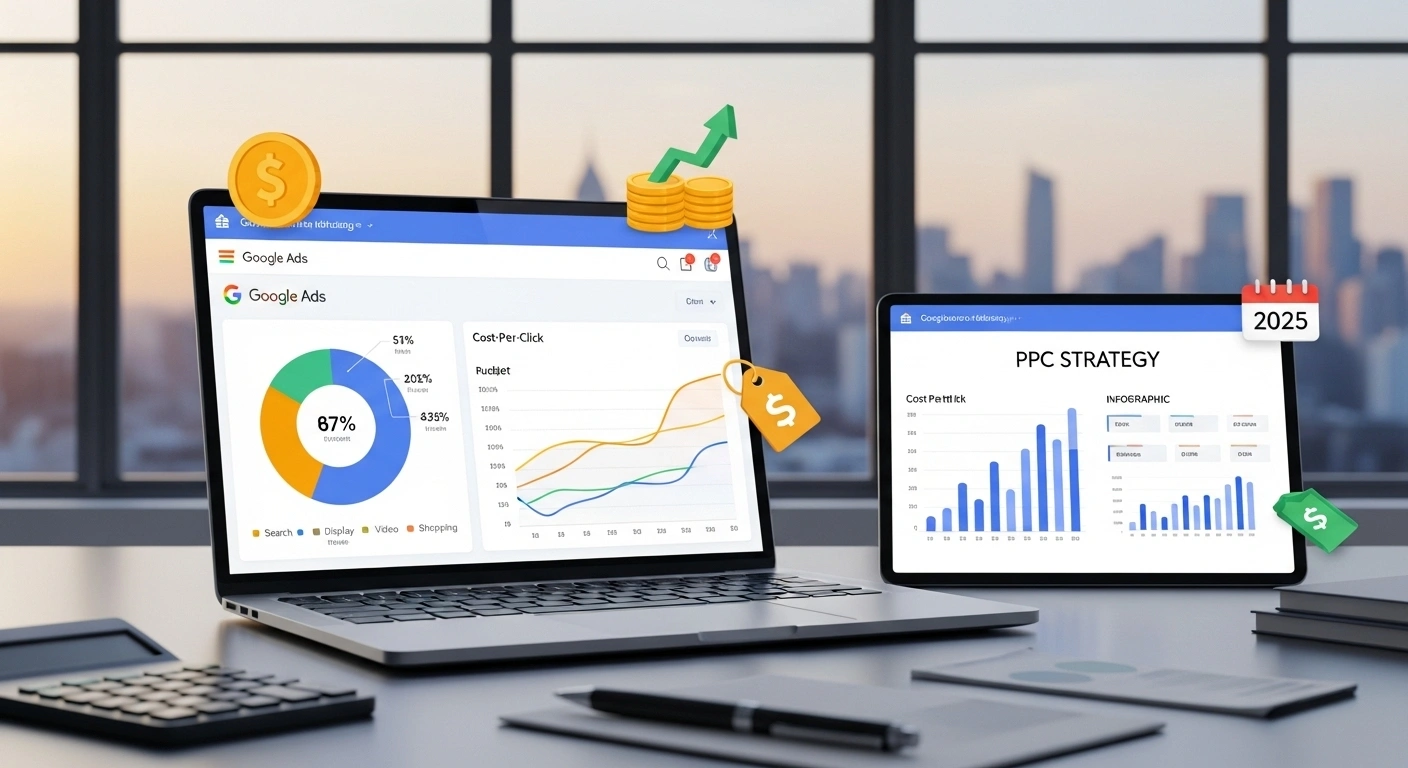
Yes! Even small businesses can run Google click ads effectively. Here’s how:
- Start with a small daily budget and scale based on results.
- Use long-tail, low-competition keywords for cost efficiency.
- Geo-target ads to focus only on relevant locations.
- Track ROI and pause underperforming ads quickly.
With careful planning, PPC Marketing doesn’t have to be expensive—it can be one of the most affordable advertising strategies.
Future of PPC Marketing Beyond 2025
The world of PPC is changing rapidly. Here’s what businesses should expect beyond 2025:
- AI & Machine Learning – Smarter ad targeting with predictive analytics.
- Voice & Visual Search Ads – Optimizing for voice commands and image-based queries.
- Privacy-first advertising – With cookie-less tracking, businesses will rely more on first-party data.
- Automated ad creation – AI tools will write ad copy, generate creatives, and optimize campaigns automatically.
Businesses that adapt early will gain a competitive edge.
Conclusion
In 2025, PPC Marketing remains a cornerstone of digital advertising. With tools like Google PPC ads and smart bidding systems, businesses can drive instant traffic, capture high-quality leads, and achieve measurable growth.
While PPC delivers quick wins, the real power lies in combining it with SEO for long-term visibility. Whether you’re a small business testing Google click ads or a large corporation scaling global campaigns, the strategies outlined here will help you maximize ROI.
If your business hasn’t embraced PPC Marketing yet, now is the time. The sooner you start, the sooner you’ll see measurable growth in traffic, leads, and revenue. Contact Us.
FAQs – PPC Marketing 2025
1. What is PPC marketing in 2025?
(Pay-Per-Click) in 2025 is a digital advertising model where businesses pay only when users click their ads. With AI-driven targeting and smart bidding, Google PPC ads are now more precise and cost-effective than ever.
2. Are Google PPC ads still effective in 2025?
Yes, Google PPC ads remain one of the most effective ways to drive instant traffic, generate leads, and boost sales. With new automation features, PPC campaigns deliver higher ROI and better audience reach.
3. What are the benefits of PPC marketing for small businesses?
(PPC marketing) offers affordable visibility, budget control, and measurable results. Small businesses can start with low-cost Google click ads and scale as they grow, making it a flexible strategy.
4. How is PPC different from SEO?
PPC provides paid, instant visibility through Google ads, while SEO focuses on long-term organic rankings. A combination of PPC + SEO ensures both immediate traffic and sustainable growth.
5. What are the top PPC strategies in 2025?
The best PPC strategies include advanced keyword targeting with AI, smart bidding, audience segmentation, optimized ad copy, and continuous A/B testing for performance improvement.

